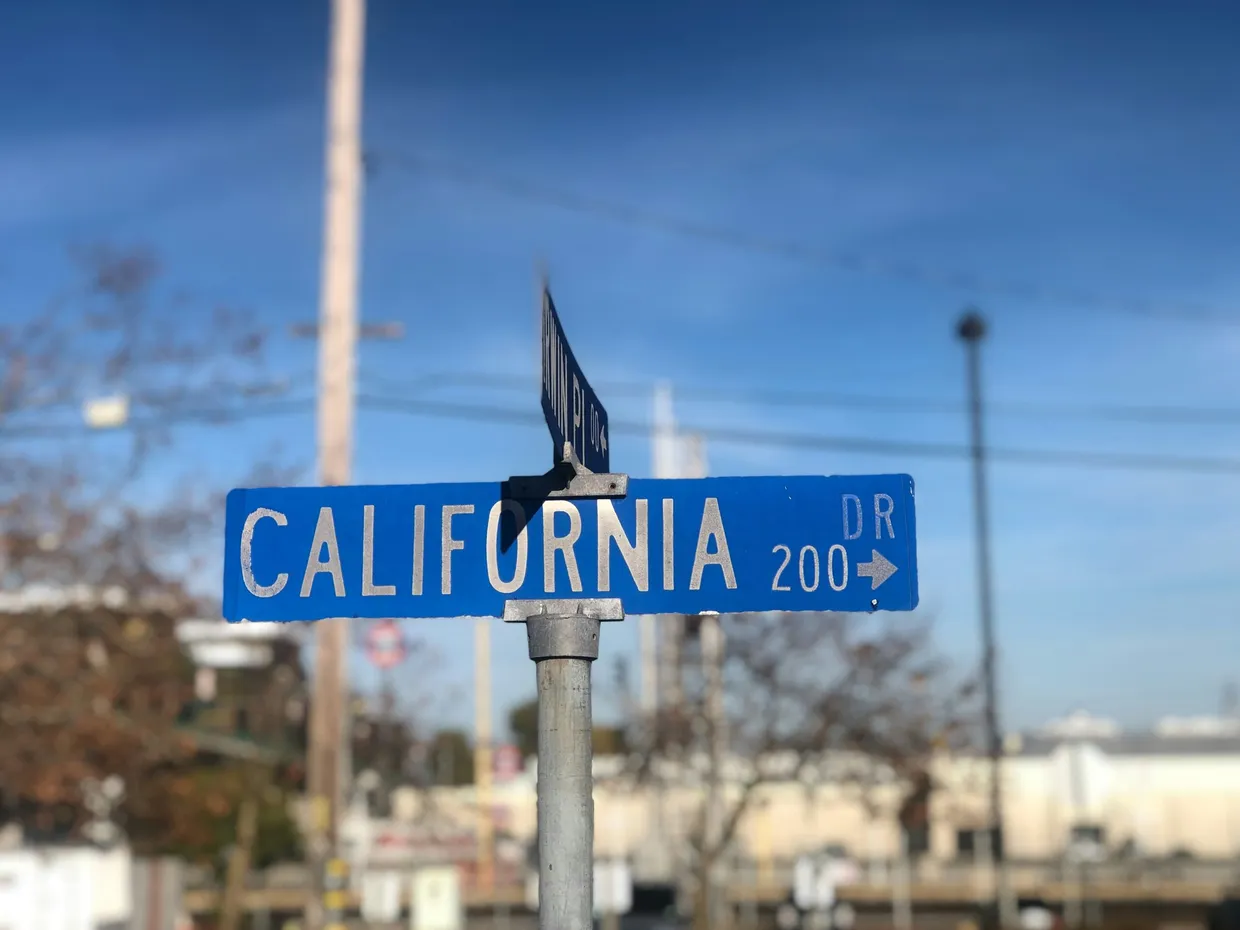What is AB 1305?
AB 1305 is often referred to as the Carbon Market Disclosures Act. It was designed to bring greater transparency and accountability to the voluntary carbon market. Specifically, it requires businesses making climate related claims tied to carbon offsets or net zero emissions goals to disclose detailed information on their websites. The law also covers voluntary carbon offset projects, requiring companies to provide disclosures about these offsets.
The bill is intended to protect consumers, investors, and regulators from claims implying that companies are carbon neutral, pursuing net carbon dioxide removals, or on track for the achievement of net zero emission without clear supporting evidence. It also targets the practice of marketing or selling voluntary carbon offsets without revealing the underlying offset projects or disclosure requirements.
In essence, AB 1305 ensures that when a business entity makes climate claims, such as advertising voluntary carbon offsets sold, promoting a retail offset, asserting significant reductions in greenhouse gases present, or referencing a greenhouse gas emissions offset, they must back up those claims with specific, verifiable data.
Who is covered by AB 1305?
AB 1305 applies broadly. Three main categories of business entities fall under the law.
First, entities marketing or selling voluntary carbon offsets in California are covered. This includes project developers, brokers, and platforms that facilitate the purchase of offsets. If an offset project operator or related entity is promoting offsets, they must publish relevant data collection and verification details.
Second, companies that use voluntary carbon offsets and make public claims about carbon neutrality, emissions reductions, or the achievement of net zero are included. This could involve consumer brands claiming carbon neutral products, airlines promoting ongoing greenhouse gas reductions, or companies asserting that their offsets represent future emissions reductions.
Third, businesses making climate claims about their own operations or products are covered, even if they are not directly selling voluntary carbon offsets. For example, a company announcing that it has achieved net zero emissions or is on an emissions reduction pathway must comply with the law if they rely on offsets to substantiate those statements.
Importantly, the law also extends to related or affiliated entities, ensuring that a parent company cannot shift responsibility onto a subsidiary when making similar climate claims.
What is the timescale for implementation?
AB 1305 took effect on January 1, 2024. That means all covered business entities must already be publishing the required information on their business entity’s internet and specifically on their business entity’s internet website.
Key points in the timeline include:
- Initial compliance began January 2024, requiring immediate disclosure of climate claims, offset details, and reporting obligations
- Disclosures must be updated annually to ensure ongoing transparency and prevent companies from relying on outdated information
- The California Air Resources Board may issue further implementing regulations to clarify disclosure requirements, but companies should not wait
Failure to comply with AB 1305 carries meaningful penalties. Civil fines can reach $2,500 per day, capped at $500,000 per violation. Enforcement may involve the city attorney, state regulators, or other public authorities.
How should in-scope companies prepare for reporting?
Complying with AB 1305 requires careful planning, strong data management, and clear communication. When making claims about achieving net zero emissions, companies must provide supporting information and verification to substantiate their progress and ensure regulatory compliance. It is also important for companies to be transparent about whether their actions add net carbon dioxide to the atmosphere, as this impacts the credibility of their claims.
Disclosure requirements under AB 1305 cover all relevant types of emissions and offsets, including those related to carbon dioxide or greenhouse gas. The law also applies to projects and reductions that qualify as voluntary emissions reduction, requiring companies to document and verify these efforts as part of their compliance strategy.
What climate claims and voluntary carbon offsets need to be reviewed?
The first step is auditing all public climate claims – from sustainability webpages to marketing campaigns. Look for claims regarding the achievement of net zero, other claims about greenhouse gas reductions, or product-level assertions of carbon neutrality.
Companies must ask: do we rely on carbon offsets to substantiate this claim? Have we disclosed the offset project type, offset protocol, project identification number, or offset registry used? Are we clear about how interim progress will be tracked, the period for which the offset project operator commits to maintaining greenhouse gas reductions, and how independent third party verification or third party validation supports our claims? Additionally, have we ensured that each offset project is conducted pursuant to specific protocols or legal standards to guarantee the integrity and durability of the offsets?
What data and reporting systems are required?
To comply with the disclosure requirements, businesses need reliable company data. This includes emission factors and calculation methods needed to estimate emissions reductions. Companies must disclose details about offset project sites, offset protocols, and the project baseline. Information on greenhouse gas removal enhancements or carbon storage projects tied to offset project operator commitments should also be included.
AB 1305 expects transparency about how interim progress is measured, ongoing greenhouse gas reductions, and the mandatory outcomes required of offset project operators.
How should businesses involve suppliers and affiliates?
Since the law applies to a related or affiliated entity, companies should ensure that all subsidiaries and supply chain partners are aligned. If an affiliated entity is marketing or selling voluntary carbon offsets within California, the parent company may also be accountable.
What must be disclosed on company websites?
A business entity’s internet website must include accessible disclosures. These should cover the offset projects being used, with details on offset project type and project identification number. Companies must indicate whether independent third party verification or third party validation has been completed, explain how interim progress toward future emissions reductions or the achievement of net zero emissions will be demonstrated, and disclose any market shifting leakage risks associated with the projects.
The disclosures must be clear enough for regulators, investors, and consumers to understand the accountability measures in place.
Why is audit readiness important?
AB 1305 shares similarities with SB 253 and SB 261 in requiring companies to be audit-ready. Having an internal process for relevant data collection, ongoing greenhouse gas reductions, and reporting means companies can adapt as implementing regulations evolve.
Why think beyond compliance?
Ultimately, AB 1305 is not just about avoiding penalties. It is about building credibility in the voluntary carbon market. Companies that can demonstrate transparent, reliable carbon offset projects, supported by independent third party verification, will stand out as leaders.
What is the bottom line?
California’s package of climate disclosure laws – SB 253, SB 261, and AB 1305 – represents the most ambitious framework in the United States. AB 1305 in particular ensures that voluntary carbon market disclosures are no longer optional. Any business entity making climate claims about carbon neutrality, net zero emissions, or using voluntary carbon offsets must now meet strict transparency and disclosure requirements.
By reviewing climate claims, strengthening company data systems, engaging with offset project operators, and disclosing details on their business entity’s internet website, companies can not only achieve compliance but also build trust.
As the climate disclosure landscape continues to evolve, businesses that proactively embrace transparency will be better positioned to demonstrate achievement of net zero, show how interim progress is made, and prove their contributions to real, measurable emissions reductions.




